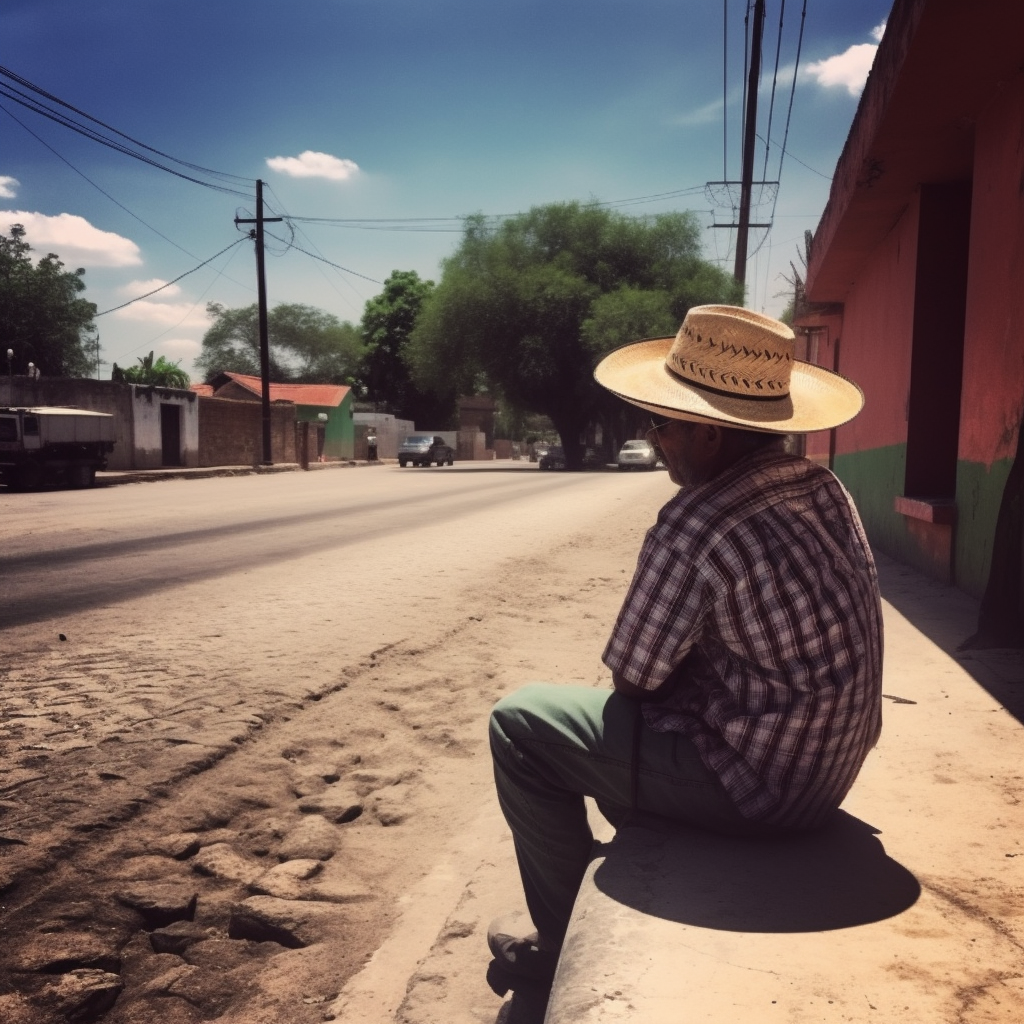June 21, 2024
How Climate Change Amplified the Recent Deadly Heatwave in the Southwest U.S., Mexico, and Central America
Book a Demo
The recent deadly heatwave that swept across the Southwestern U.S, Mexico, and Central America was made 35 times more likely, and 2.5 degrees hotter due to human-induced climate change, as reported by World Weather Attribution. The intensity of the heatwave was unprecedented, with the Sonoran Desert in Mexico marking its hottest day ever at a staggering 125 degrees.
Adding to the severity of the heatwave were unusually warm nighttime temperatures, which were about 2.9 degrees higher than normal. According to World Weather Attribution, these temperatures were 200 times more likely due to the effects of climate change. The noticeably warmer nocturnal temperatures played a significant role in the fatality rate of the heatwave.
To date, at least 125 deaths have been directly linked to the heatwave. However, the actual death toll may be significantly higher, as the confirmation of such deaths often can take months. Climate Scientist Friederike Otto stated that extreme heatwaves like this are now four times more likely than they were in 2000, a concerning trend directly attributed to climate change.
Apart from the human toll, the heatwave also served to highlight and intensify existing economic disparities. Access to air conditioning, a key factor in surviving extreme heat, particularly during the night, often depends on financial means. Those who can’t afford this luxury were left to bear the brunt of the heat.
The severity of the heatwave was further exacerbated by a heat dome that trapped hot air on the ground, and existing drought conditions that reduced water access and hindered the dispersion of polluting particles. Both these factors combined to create a perfect storm of heat and discomfort.
In response to this escalating crisis, World Weather Attribution is urging governments to take action. Recommended measures include enacting heat protection laws, fortifying electrical grid resilience, enhancing water conservation strategies, and planning for more green spaces. These steps are vital in safeguarding vulnerable populations from the increasingly frequent and severe heatwaves brought on by climate change.
Science4Data is committed to cut through greenwashing and measure real impact. Join the journey to a sustainable future. Your actions matter.



